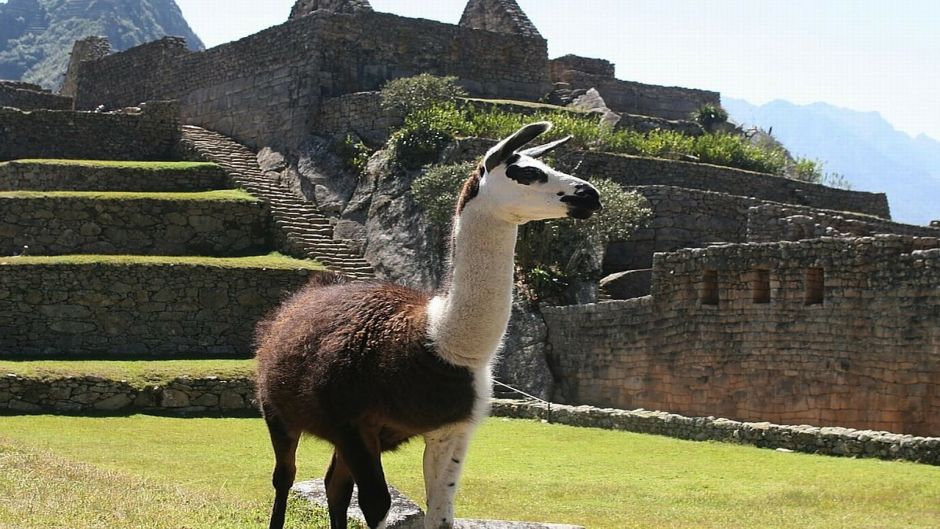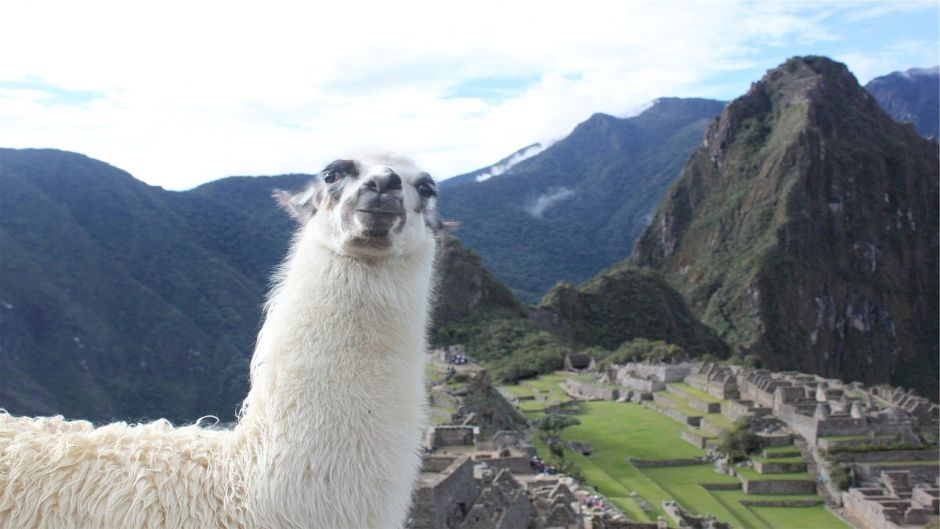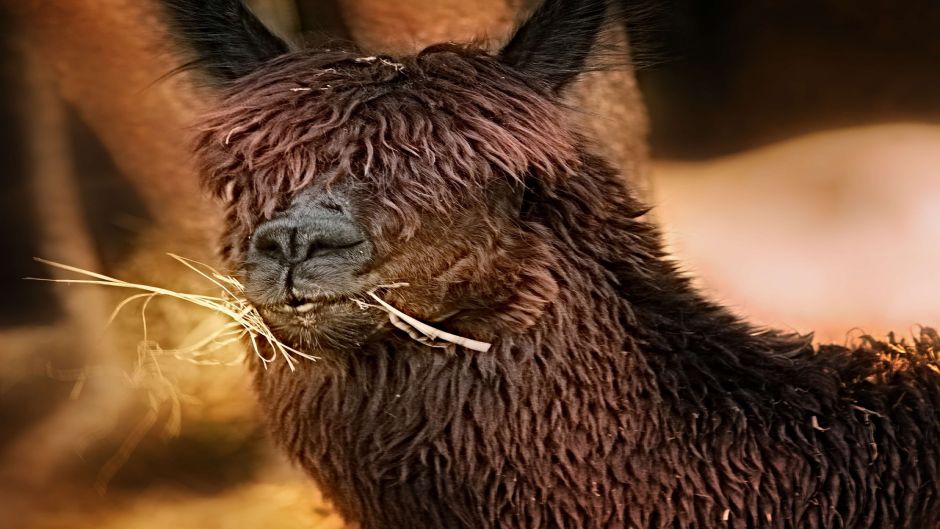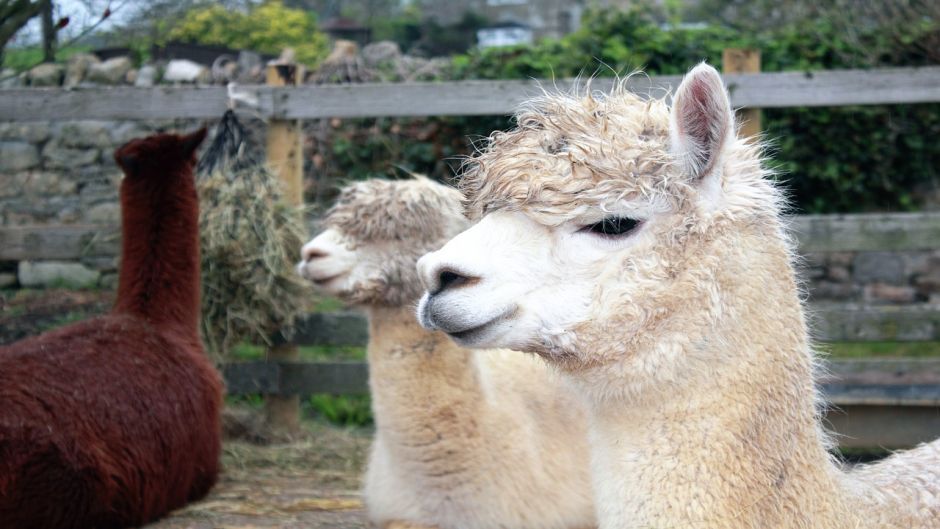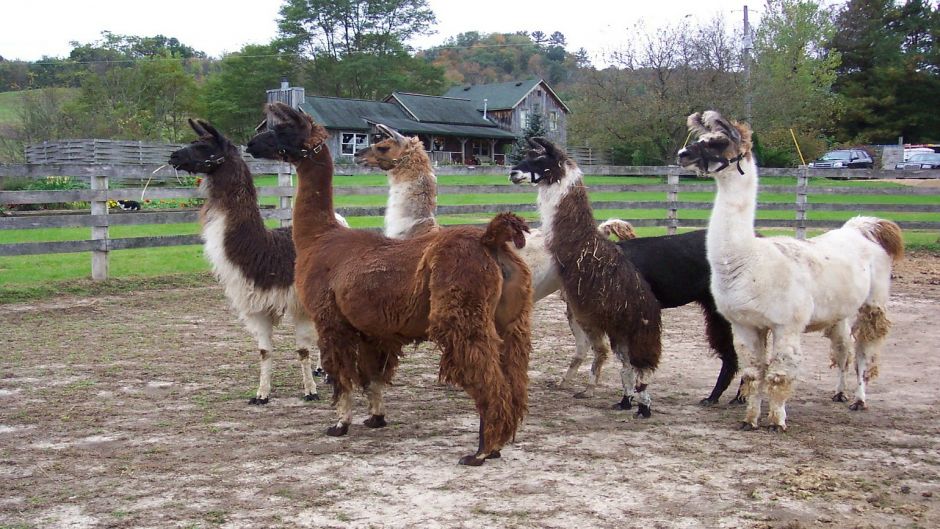Llama
Familia:
Camelidae Subfamilia: Camelinae
Genero:
Lama Nombre Cientifico: glama
Habitat: Altiplano, mountain areas in dry and stony grounds.
Characteristics: this species can be classified as a camelid belonging to the order of the Tilopods.
In reality, the llama, like the Alpaca, is an animal created by the hand of man. It has been more than 4500 years since it was domesticated and in the wild it is not known in the wild. The big question is: does it come from a species of its own or is it a race from Guanaco?
The Llama is the largest of the camelids, measuring 150 to 190 cm. of height with a maximum weight of about 140 Kg., its head is small in relation to the body, which is slender.
It is domesticable and used as a pack animal and for meat. It is the most common and strong of the Andean camelids that is generally used as a pack animal, the average weight it can carry is about 40 Kg. On long trips, and up to about 60 Kg.
It is the least selective in its feeding, grazing among meadows of brave straw.
The herd presents a gregarious and territorial behavior, always existing in him a dominant male, who controls the others. The gestation lasts 348 days, approximately. The male offspring are expelled from the herd at one year of age.
In general there are two types of flames, depending on the diameter of the fiber, those that have between 32 and 35 micas, called qaras or peladas (the most numerous) and the chakus or woolly, which have finer fiber, 28 microns. Its wool, the thickest of the camelids, gives about 4 kg with shearing every 2 years.
Countries where lives Llama
ARGENTINA
BOLIVIA
CHILE
PERU
